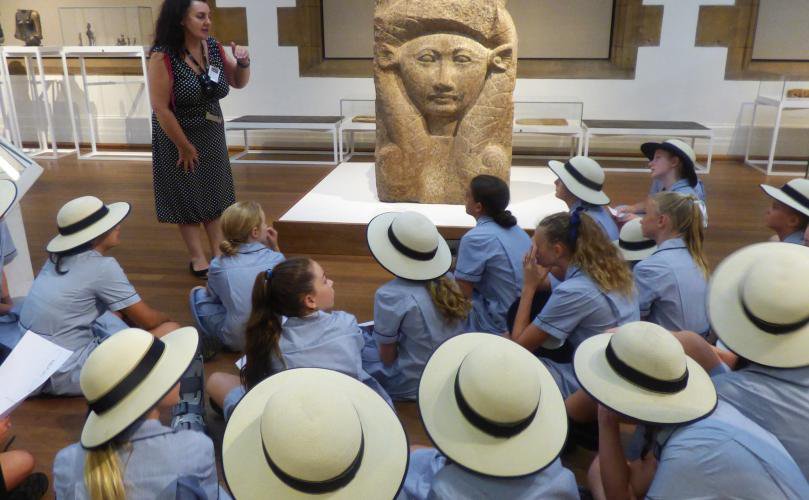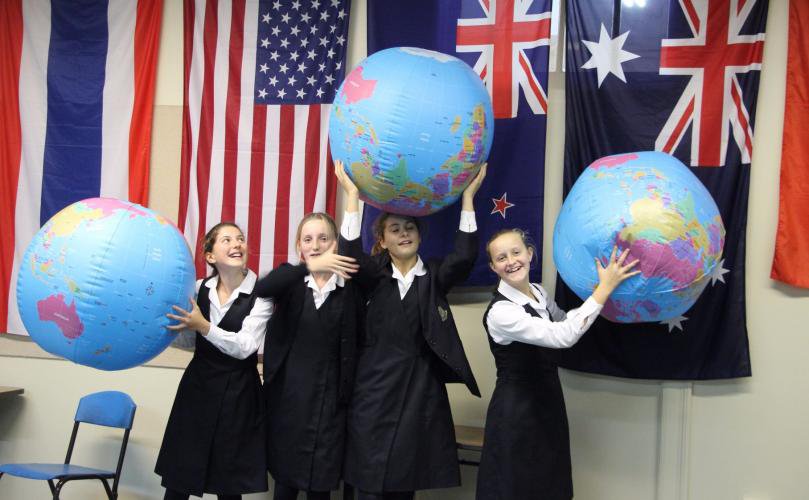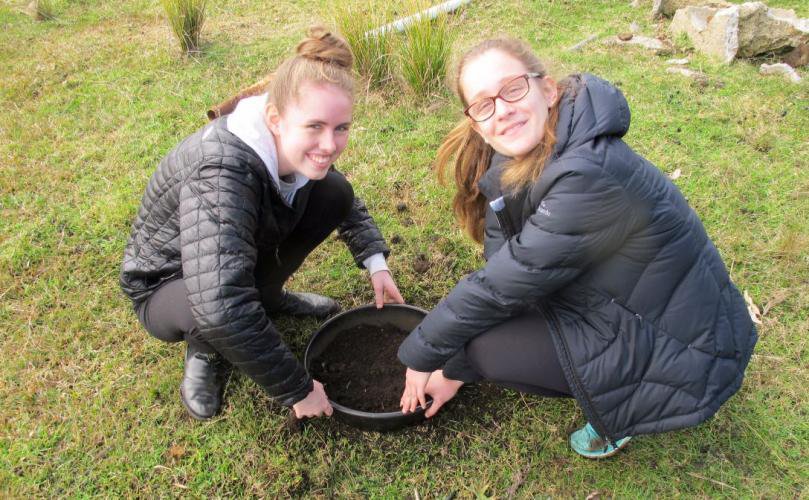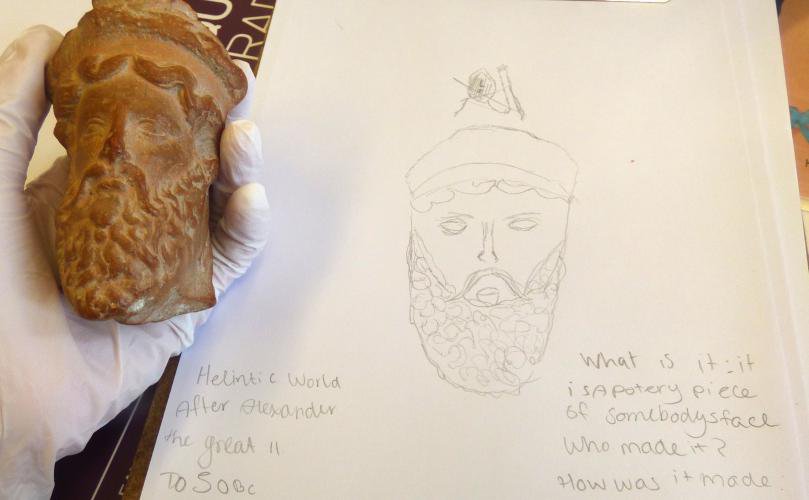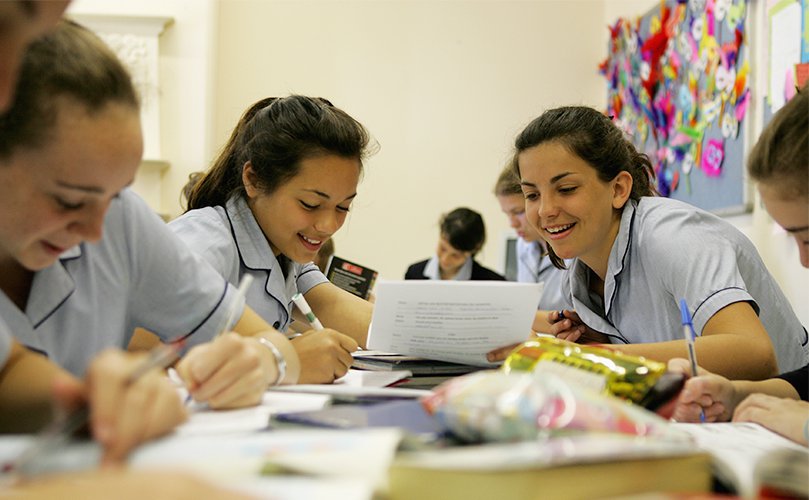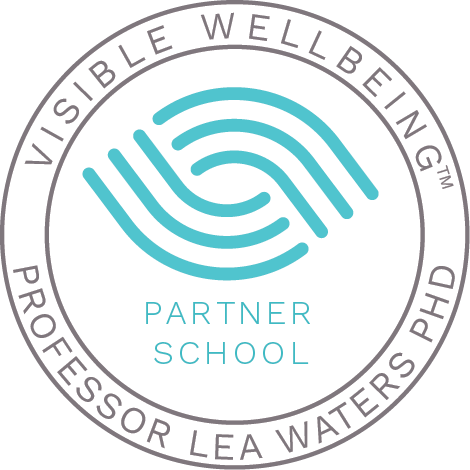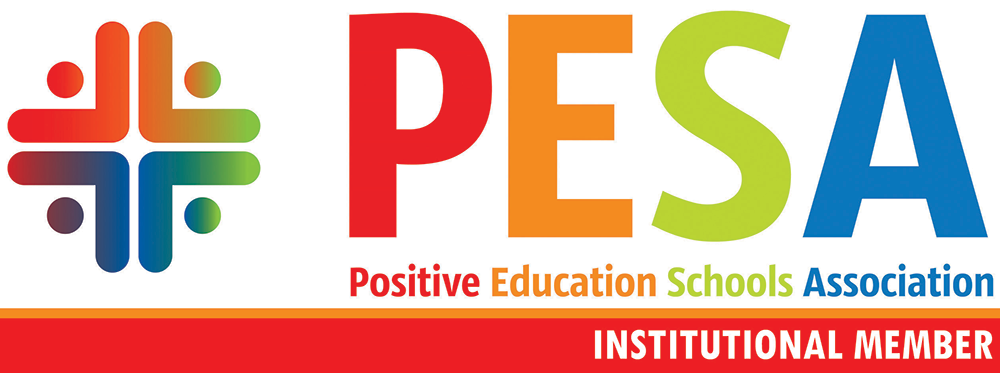This key learning area encompasses the subjects of History, Geography, Elective History, Commerce, Ancient History, Business Studies, Economics, Extension History, Legal Studies, Modern History and Society & Culture across Years 7-12.
Geography
This subject enables students to explain spatial patterns, evaluate consequences and contribute to the management of environments. As a mandatory study course, students have the opportunity to engage in field and practical work, involving them in collaborative and independent learning. Students demonstrate the ability to communicate geographical information and use geographical tools for inquiry.
History
The study of History involves a process of inquiry that develops the skills of research, analysis, evaluation and synthesis and will enable them to be independent learners for the rest of their lives. The focus of the study of history across these years includes the study of Ancient civilisations including Rome and China, the Middle Ages including Vikings and Japan, as well as the Age of Discovery including the Spanish Conquest of the Americas. Additionally, students develop knowledge of the modern era including the Industrial Revolution and Movement of People around the world, Australians at War, movements relating to the Rights and Freedoms of individuals and groups in the 1950s and 60s and Popular Cultural impacts on society in the later half of the 20th Century. These topics are curated through a variety of methodologies including source and film analysis.
Stage 6 HSIE Electives
In Stage 6 the HSIE Department provides a choice of 7 electives:
Ancient History (2 Unit)
The Preliminary Ancient History course offers students the chance to examine the methods used by historians and archaeologists to investigate the past and consider the impact of science on these disciplines and the ethical issues which arise. Case studies then include Ancient Human Remains, the Celts in Europe, Boudicca: Resistance to Roman Rule and Roman Britain. Students undertake their own Historical Investigation. The Ancient History HSC course has a core study which is an investigation of Pompeii and Herculaneum. Students then study ancient societies such as the Ancient Society of Sparta, the Personality of Agrippina the Younger and The Historical Period of the Augustan Age.
Business Studies (2 Unit)
The Year 11 course is structured for students to investigate the role, operation and management of businesses within our society. Factors in establishing, operating and managing small businesses are integral to this course. Students also develop their research and analytical skills and have the opportunity to apply their knowledge to practical situations through the development of a Business Plan for a small business. In the Year 12 course, the focus is large businesses, many of which operate on a global scale. Students study the key functions of businesses: Operations, Marketing, Finance and Human Resources. For each of these key functions, students investigate their roles, influences, processes and management strategies.
Economics (2 Unit)
The Year 11 course is essentially microeconomic in nature, focusing on aspects of the economic behaviour of consumers, business and governments. Much of this behaviour is influenced by the operation of markets. Two key markets, the labour market and the financial market, are examined in detail. In the Year 12 course, students focus on the management of an economy and therefore the course is essentially macroeconomic in nature. The course investigates the impact of the global economy on the Australian economy and the links between economic issues and the management of the Australian economy. Economics develops students’ analytical, problem solving and communication skills.
Extension History (1 Unit)
At the end of Year 11 students are given the opportunity to undertake a further unit of History called History Extension. These students undertake a major historical project on a topic of their own choosing. They also study the nature of history and how and why interpretations change over time.
Legal Studies (2 Unit)
This course focuses on the way in which law is generated, how it is structured and how it operates in Australian and international contexts. Learning about our legal system will allow students to investigate the way our society operates and the influences that shape it. Students will develop an understanding of the implications that legal decisions can have for Australian society and the ways in which the legal system can affect the lives of Australian citizens. A critical understanding of the processes of reform and change will help students to contribute to making our society more equitable for all.
Modern History (2 Unit)
The Preliminary Modern History course has at least two case studies which may include the American Civil War, the Cuban Revolution and the Meiji Restoration of Japan. The core study is the World at the Beginning of the Twentieth Century. Students undertake their own Historical Investigation. The Modern History HSC course has a core study which is a source-based study in relation to the concepts of Power and Authority with a special focus on Nazi Germany. Modern History students currently study the USA 1919 - 1945, the Conflict in the Pacific 1937-1951 and the Civil Rights Movement of the 1950s and 1960s, but these topics may vary from year to year.
Society and Culture (2 Unit)
The central concern of this subject is the interaction of persons, societies, cultures, environments and time. Society and Culture draws on cross-disciplinary concepts and social research methodologies from anthropology, communication, cultural studies, media studies, philosophy, psychology, social ecology and sociology. This subject has direct relevance to the immediate needs of students and to their future lives by enabling students to develop understanding of: themselves, their own society and culture and, the societies and cultures of others. In the HSC, Society and Culture all students complete a Personal Interest Project which is 40% of the final HSC mark.
Society and Culture (2 Unit)
The central concern of this subject is the interaction of persons, societies, cultures, environments and time. Society and Culture draws on cross-disciplinary concepts and social research methodologies from anthropology, communication, cultural studies, media studies, philosophy, psychology, social ecology and sociology. This subject has direct relevance to the immediate needs of students and to their future lives by enabling students to develop an understanding of themselves, their own society and culture and the societies and cultures of others. In the HSC, all students of Society and Culture complete a Personal Interest Project which is 40% of the final HSC mark.


